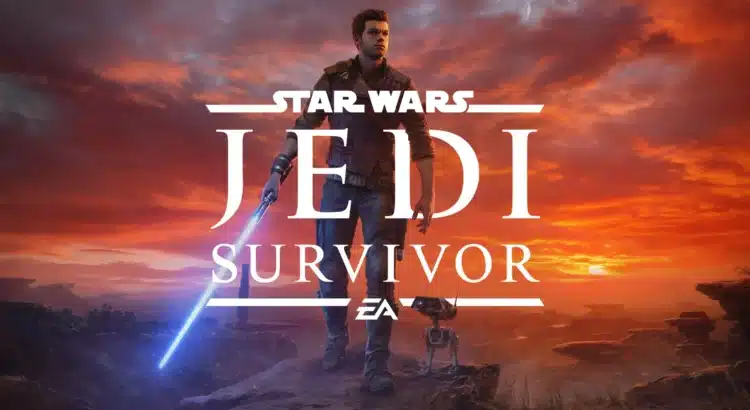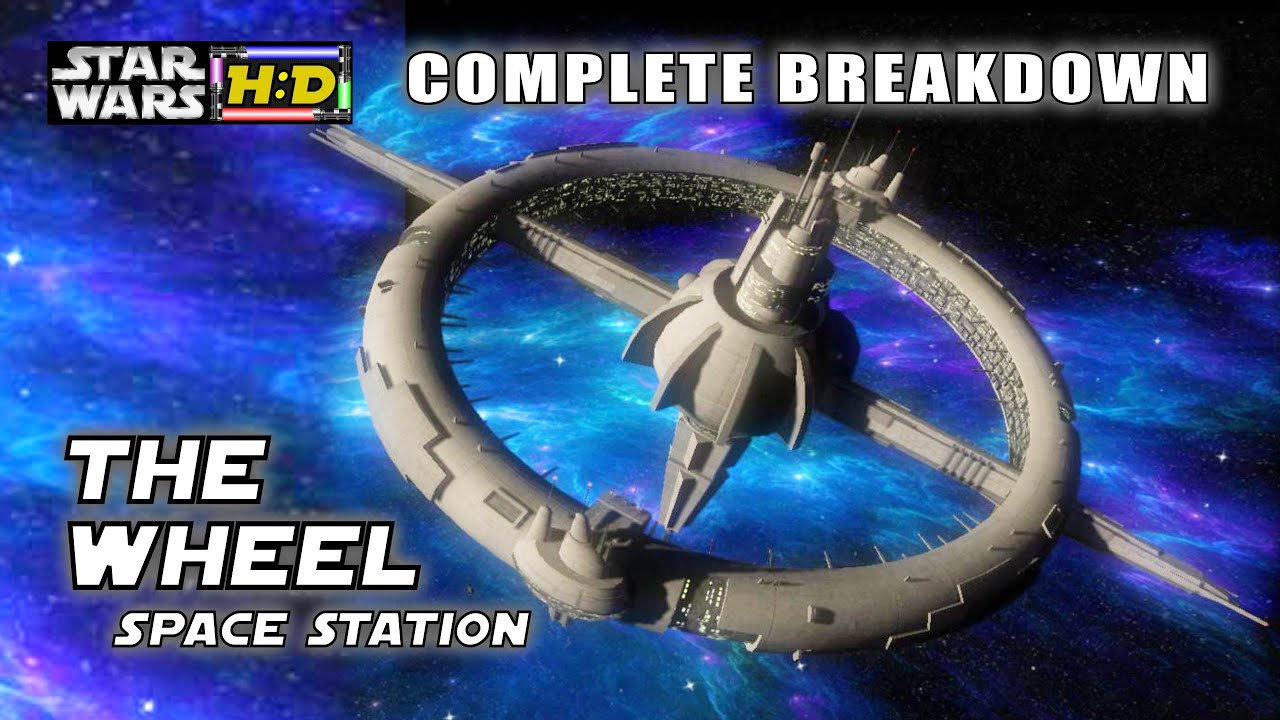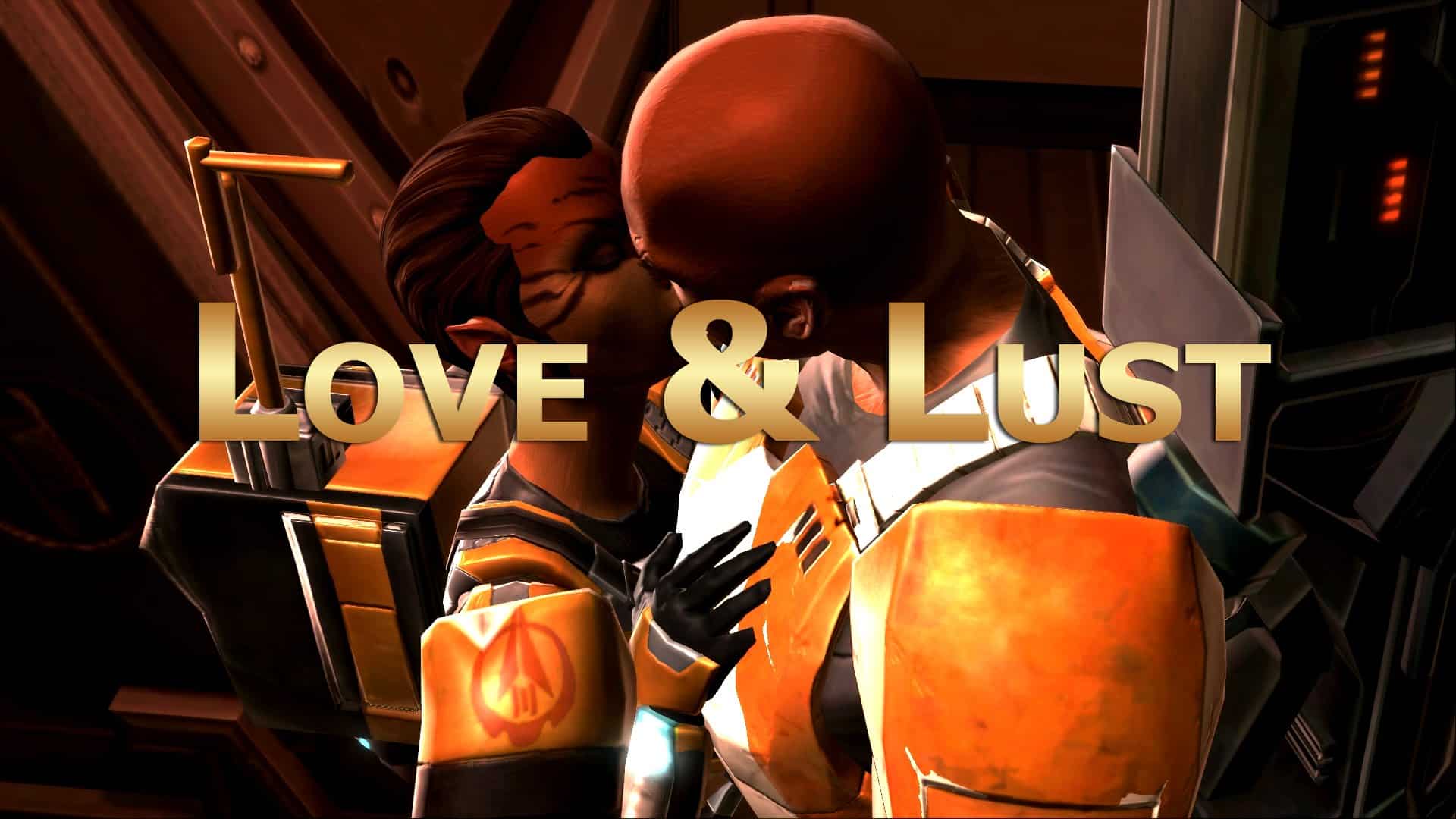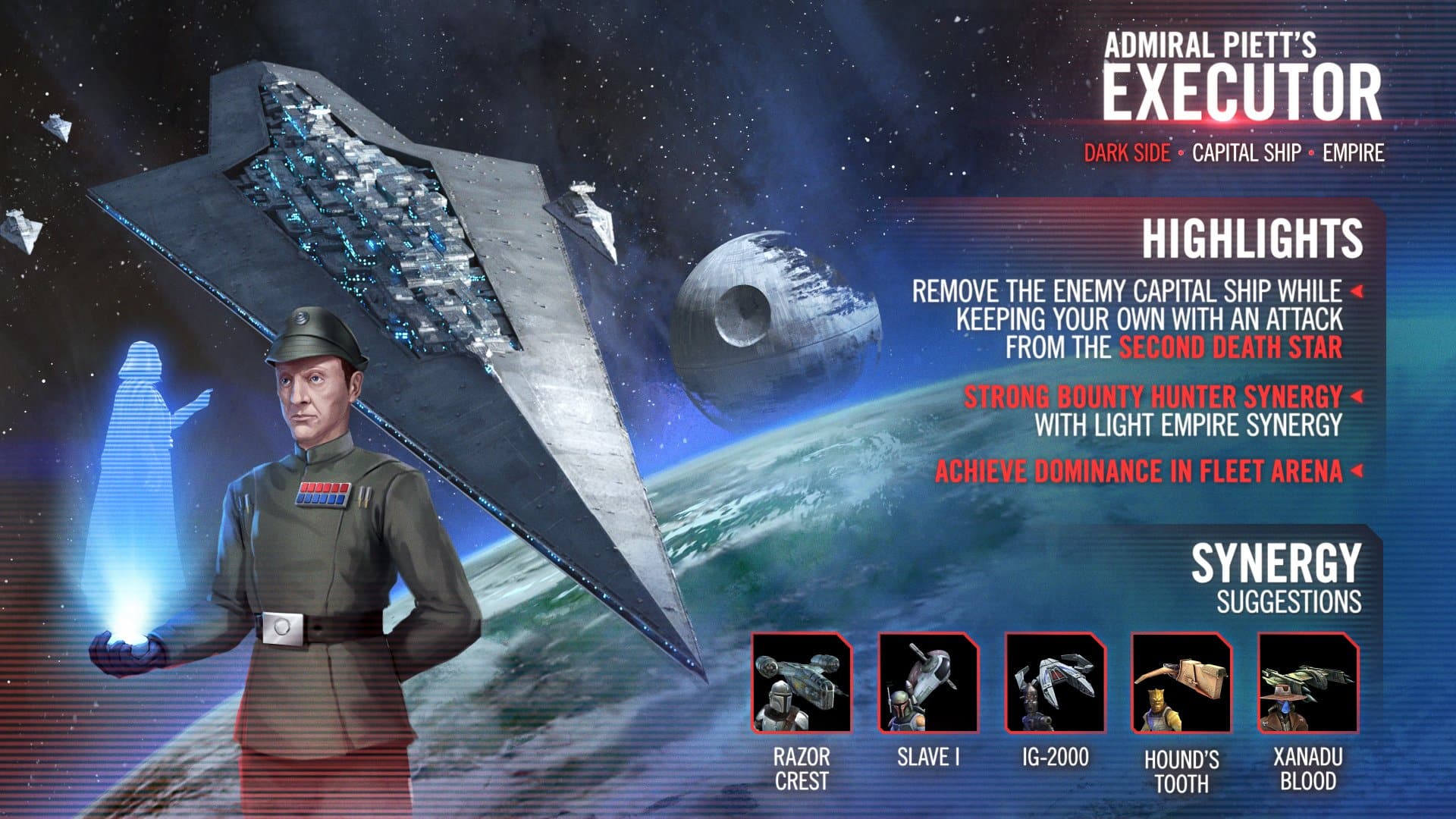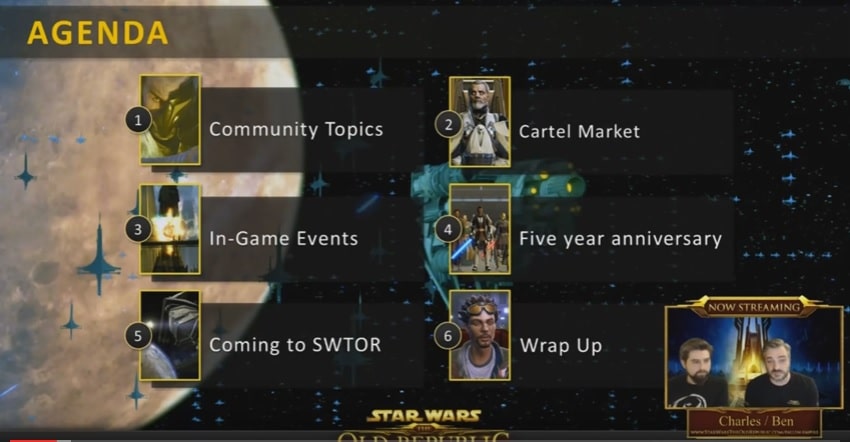The “Star Wars” universe, with its expansive lore, iconic characters, and mesmerizing visuals, has always been complemented by its equally iconic music. From the triumphant notes of the main theme to the haunting strains of the Imperial March, John Williams’ compositions have become synonymous with the franchise. But as the galaxy far, far away continues to expand, so does its musical repertoire.
In a recent interview with Game Informer, Stephen Barton and Gordy Haab, the maestros behind the music of “Star Wars Jedi: Survivor,” delved deep into their experiences, inspirations, and the evolution of “Star Wars” music.
The Weight of Legacy
Crafting music for the “Star Wars” franchise is akin to walking on hallowed ground. The shadow of John Williams looms large, and any new composition is inevitably compared to his legendary work. But for Haab, the key was not to mimic Williams but to understand the inspirations that fueled the original scores.
“Stylistically, we tend to take inspiration from the things that inspired the original scores, rather than trying to stick really close to the bone on the original scores themselves … I’m taking a palette that already exists, and now I’m painting my own completely original painting. But I’m using the same colors.”
This approach, while reverential to the original, allows for innovation and freshness, ensuring that the music resonates with both old fans and newcomers.
The Changing Soundscape of Star Wars
Stephen Barton highlighted how the music of “Star Wars” has evolved over the years, especially with the advent of streaming shows like “The Mandalorian” and “Andor.” These shows, while rooted in the “Star Wars” universe, have brought their unique flavors, pushing the boundaries of what is traditionally considered the “Star Wars” sound.
“I think it’s a really interesting moving target. The Mandalorian and Andor have been really good examples, I think, of things that have extended [the sound], where now people go, ‘Yeah, that’s Star Wars.’ Whereas if you said to someone ten years ago, ‘Hey, the recorder is gonna be a really important instrument to Star Wars,’ people would have been like, ‘What? Really?’”
The Essence of a Great Video Game Soundtrack
When asked about the essence of a compelling video game soundtrack, both composers, despite being interviewed separately, echoed the same sentiment: “Emotional weight.” This shared philosophy underscores the importance of music in conveying the emotional depth and gravitas of a game’s narrative, enhancing the player’s immersion and connection to the story.
Turbulent Times and Future Endeavors
The interview comes at a pivotal moment for “Star Wars Jedi: Survivor.” While the game recently received a patch enhancing its performance, there have been significant developments behind the scenes. The game’s director at Respawn Entertainment, Stig Asmussen, made a surprising exit from both the company and Electronic Arts. This departure has raised eyebrows, especially given that they were reportedly working on multiple projects, including a third “Jedi” game.
Conclusion: A Symphony of Past and Future
The “Star Wars” universe is a tapestry of stories, characters, and emotions. Music is the thread that binds this tapestry, giving voice to the unsaid and adding depth to the visible. As the franchise continues to grow and evolve, composers like Barton and Haab play a crucial role in ensuring that the melodies of the galaxy resonate with every beat of our hearts. Their work on “Star Wars Jedi: Survivor” is a testament to the timeless allure of “Star Wars” and the endless possibilities that lie ahead.
FAQ: Star Wars Jedi: Survivor Music Composition
Q1: Who are the composers behind “Star Wars Jedi: Survivor? A1: The game’s music was crafted by Stephen Barton and Gordy Haab.
Q2: How did the composers approach creating music for such an iconic franchise? A2: They took inspiration from elements that fueled the original scores, using the established palette to paint their unique musical picture.
Q3: Has the soundscape of Star Wars music changed over the years? A3: Yes, with new shows like “The Mandalorian” and “Andor,” the traditional “Star Wars” sound has evolved, incorporating fresh and diverse musical elements.
Q4: What do the composers believe is the essence of a compelling video game soundtrack? A4: Both composers emphasize the importance of “emotional weight” in enhancing the player’s immersion and connection to the game’s narrative.
Q5: Were there any recent significant developments related to “Star Wars Jedi: Survivor”? A5: Yes, the game’s director at Respawn Entertainment, Stig Asmussen, recently exited both the company and Electronic Arts, leading to speculations about the game’s future.
Q6: How do the composers view the legacy of John Williams in the Star Wars universe? A6: They hold John Williams in high regard and see his work as foundational. However, they aim to understand his inspirations rather than mimic his scores directly.
Q7: Are there plans for more “Star Wars” games from the same composers? A7: While the interview touched upon their work on “Star Wars Jedi: Survivor,” future projects were not explicitly mentioned.


